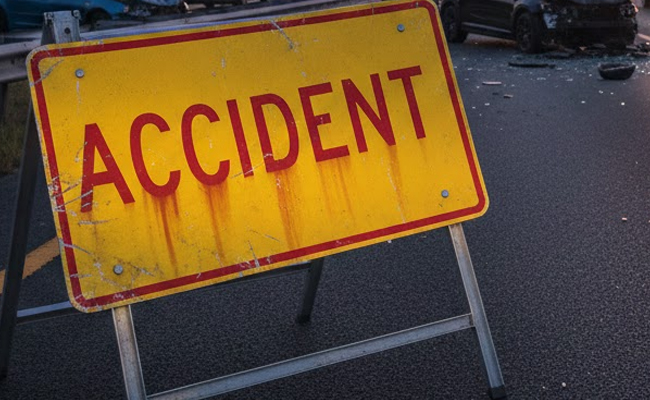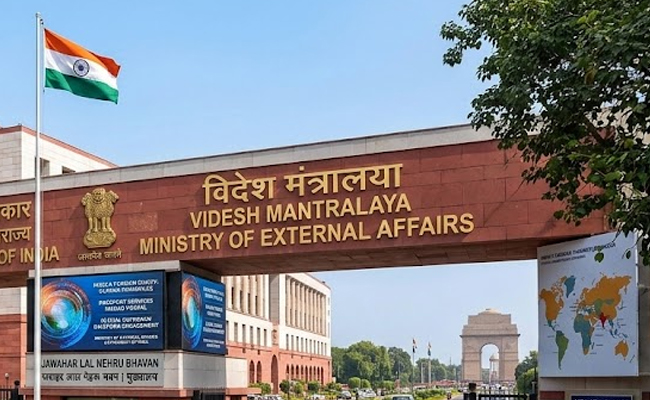Primary and higher education minister N Mahesh has referred to the idea of conducting open book examinations to the children of smaller classes. In our country, the only ‘change’ we see in education system is the change in topics covered in text books while all other aspects remain the same.
All political parties would be waiting to fill text books with their agenda and propaganda, to create their future set of supporters. But, there is hardly any party that thinks of changing the approach to education. Hence, learning is always associated with mugging up. Learning in school is directly related to mugging up even more than usual, for the sake of answering question papers. Schools often train their students to score more marks since the hall mark of an excellent school is a well-scoring student.
No one spares a thought about how this would help children in the future. Children mug up the whole year to reproduce all that in a matter of three hours during exams. Which means, someone who can memorise everything taught to him would be considered the best. Hence, those who can remember are considered better than those who understand and comprehend with the information they have been taught in order to implement it well.
In this context, minister’s idea of open book examination is really a revolutionary one. This method has the capacity to reinvent the effectiveness of learning and development of the student. Learning should not be limited to marks card alone and discussions should focus on designing methods to improve ways of knowledge retention and heightened awareness among young minds. When Minister Mahesh spoke about this, many people ridiculed the idea. Some sought to know ‘how can you call it an exam when you give them the very book which has the answer?’
We need to understand one thing rather seriously. Thousands of students end their lives every year unable to withstand the pressure of exams and having to score marks that could sometimes be beyond their capacity. Many others become victims of depression and other psychological problems that need remedies.
Governments have not paid much attention to student suicides as much as they debate on farmers’ suicides. Parents, educational institutions and the whole set up of education itself are guilty of killing these young children. The whole case gets over in ‘student fails in exams; kills self’ kind of headlines. A whole life is snuffed out like that. Failing in examinations is seen as failing in life itself. Who pushed them to killing self? Who abets these deaths? Why can they not be held for abetment of suicide?
Who makes life miserable for young boys and girls? Why is education withering away the lives instead of helping them blossom? Why are lakhs of graduates who withstand all these pressures roaming the streets jobless and aimless in life? The proposal put forth by the minister Mahesh needs to be examined for all its worth. Like a doctor studies all relevant books relating to the subject of medicine before he turns into a medical professional to check on the patients, and will not hesitate to consult additional books if he feels they hold more information to help his diagnosis we need to understand the issue at hand is larger than saying a mere yes or no. A lawyer does not mug up the case when he comes to the court instead he applies the knowledge he possesses to the particular case. Hence, mugging needs to retire from our education system.
This will free a lot of students from the burden of having to score even when he or she does not understand the topic. Students need to be taught to think freely rather than think as per instructions. Teachers need to teach them how this is done. For instance, let’s assume a student is answering a question about Kuvempu. When you ask ‘where was Kuvempu born?’ the answer to that is an information which may be mugged or merely remembered. But if one asks ‘what’s the moral of Kuvempu’s life?’ one is forcing the student to think on his own opinion. Hence teachers should encourage this kind of answers rather than information based ones. Because in times of technology, information is free and is available everywhere. But we need our students to turn into independent minds. This applies to all fields.
Minister Mahesh has just put forth an idea and this has to be debated upon. Teachers also need to be prepared to suit this changed requirement. Educationists have to debate on ways of making this relevant for our system. Governments need to work on changing the education system for better. This has to be done in phases. This changed scenario will ensure children grow into confident individuals and not scared ones. If this comes into force, students needn’t even feel guilty of being debarred since carrying a book won’t be a malpractice anymore! More than anything else, school will become a place where minds will blossom over the almost-jail set up we have now.
Let the Truth be known. If you read VB and like VB, please be a VB Supporter and Help us deliver the Truth to one and all.
New Delhi (PTI): SpiceJet will operate eight special flights from Fujairah in the UAE on Wednesday to bring passengers who are stranded due to the Middle East crisis.
In a statement on Wednesday, the airline said it would operate four services to Delhi, three to Mumbai and one to Kochi from Fujairah.
On Tuesday, the carrier operated four special flights from Fujairah to Delhi, Mumbai and Kochi.
The escalating Middle East conflict involving US, Israel and Iran has significantly disrupted flight operations in the region.





